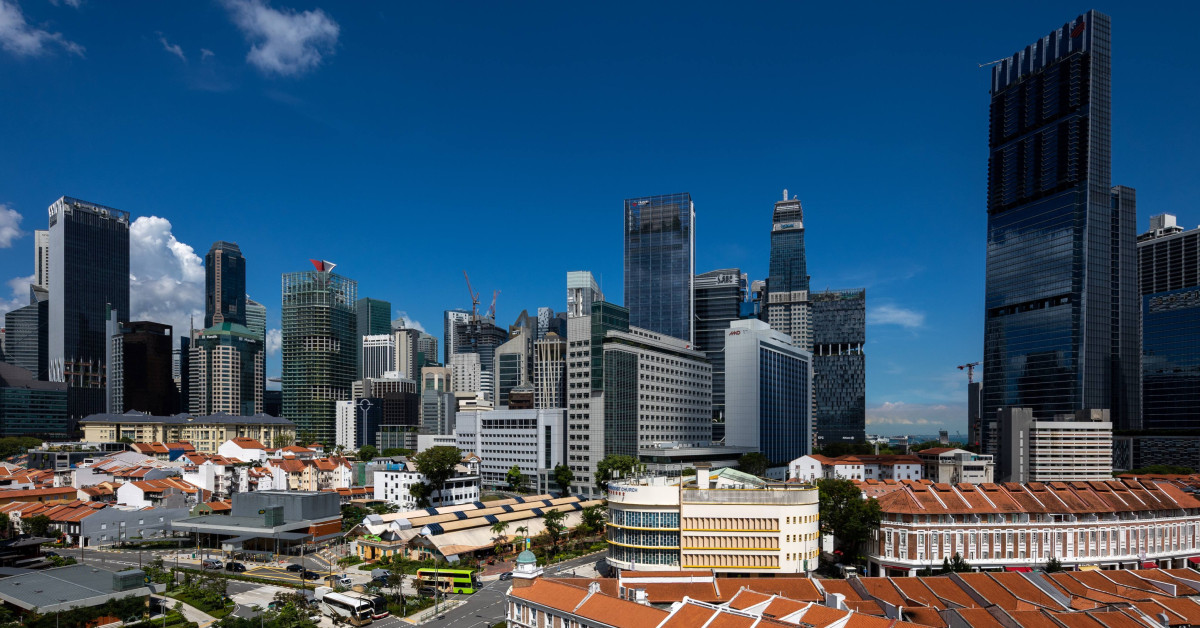Apac flexible office space hits 89 mil sq ft: CBRE
The Asia Pacific (Apac) flexible office market continued expanding in 1H2024, even as growth rates stabilised in recent years following the pandemic. An August research report published by CBRE shows that flexible office stock as of June 2024 stood at 89 million sq ft across 20 major Apac markets, 3.9% higher than in December 2023.
Flexible space now accounts for about 4% of total Apac office stock and 3.2% of total Grade-A office stock as of 1H2024. There are approximately 3,000 flex space centres operating across the region.
The higher flexible office stock points to a steady growth in the market in recent months, says CBRE. Growth rates have fallen significantly compared to levels registered prior to the pandemic. The flexible office market recorded an annualised growth rate of 4% from 2020 to 1H2024, far below the 51% annualised growth rate recorded from 2015 and 2019. “The Apac flexible office space market has now entered a period of normalised expansion compared to the pre-Covid-19 boom years,” CBRE says.
Read also: The future of work comes to life at Guoco Midtown’s new Network Hub
Advertisement
Advertisement
Singapore registered some of the highest penetration rates for flexible offices in Apac. As of 1H2024, flexible office space made up roughly 4 million sq ft in Singapore, representing 5.4% of total office stock and 5.1% of Grade-A office stock.
Recent growth in the Apac flexible office space has been primarily driven by Indian cities. As of 1H2024, flexible office space made up 10.7 million sq ft or 6.8% of Grade-A office space in Delhi. In Bangalore, it accounts for 15.5 million sq ft, or 6.9% of Grade-A office space in Bangalore.
On the flipside, cities in mainland China have experienced a decrease in flexible office space penetration as operators in the market have consolidated. Beijing, Guangzhou and Shenzhen have seen penetration rates fall below 2% in the Grade-A office market as of 1H2024.
CBRE points out that flexible office space operators have shifted business strategies after the pandemic, with priority now being placed on income diversification, turnkey-managed solutions and maximising centre utilisation. Many operators are also exploring alternative deal structures, such as management and capital expenditure contributions by landlords, to create more sustainable business models.
